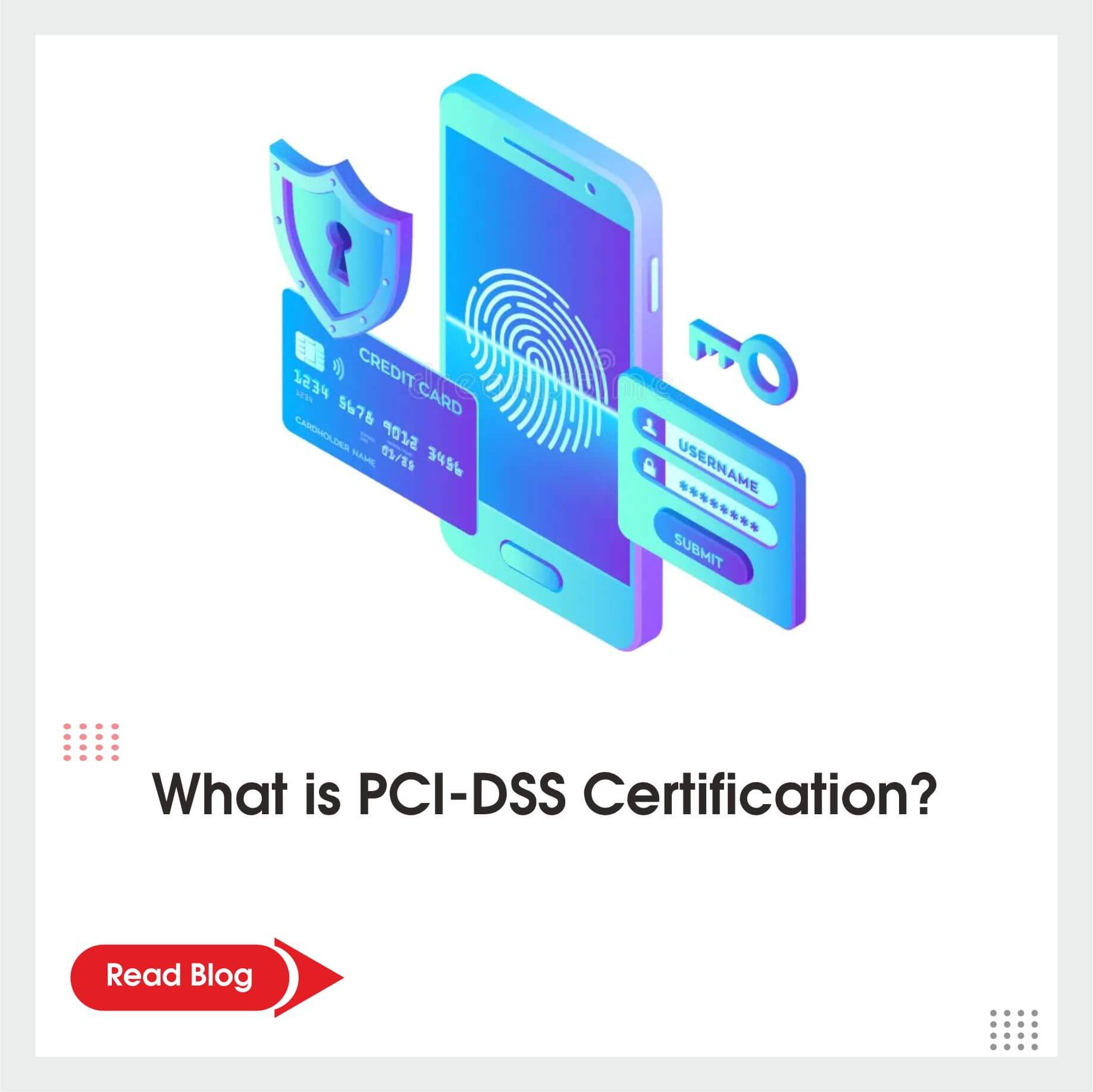India’s economy has shown strong resilience amid global uncertainties, with a robust growth of 6.9% in the fiscal year 2022-23. The real GDP growth is estimated to be 7.7% year-on-year during the first three quarters of FY 2022-23. India’s financial sector remains strong, with improvements in asset quality and robust private-sector credit growth. The central government expects to meet its fiscal deficit target of 5.9% of GDP in FY2023-24.
The Payment Card Industry Security Standards Council (PCI SSC) is an independent body founded by the major payment card brands, namely American Express, Discover, JCB, MasterCard, and Visa. The organisation has developed the Payment Card Industry Data Security Standard (PCI-DSS) to ensure safety and security in debit and credit card payments.
PCI-DSS Certification ⮯
A survey conducted by an American Institution showed that 90% of Americans used a Debit or Credit Card as their Primary mode of payment. Moreover, organisations that accept card payments must know about Payment Card Industry Data Security Standard (PCI-DSS) Certification.
The Payment Card Industry Data Security Standard (PCI DSS) is a set of guidelines demonstrating an organisation’s ability to handle, store, or securely transmit credit card data. It protects the cardholder’s data during credit card transactions by lowering the possibility of fraud and breaches. PCI DSS offers a comprehensive framework for organisations to adopt a proactive approach to prevent, detect, and respond to security problems.
All retailers, banks, service providers, and other businesses involved in the payment card ecosystem are subject to PCI DSS. Moreover, non-compliance can attract penalties, fines, or limitations on card processing.
Why is There a Need for a PCI-DSS Certification? ⮯
Organisations involved in processing or storing cardholder data, whether a start-up or large corporation, must obtain the PCI DSS certification to ensure safety and security. The PCI DSS compliance certification procedure establishes a set of rules specified by PCI SSC to assist in securing card data at your firm. It provides a baseline of security recommendations and control for any cloud-hosted business handling credit card transactions. However, getting and keeping your PCI DSS Certification requires rigorous work and complexity. The good news is that you can simplify the entire process of securing systems by taking the actions listed below.
What are the Steps to get PSI DSS Certification? ⮯
Businesses can become PCI DSS certified, and it usually takes one to two weeks, depending on the complexity of the payments and the state of information security at the time.
The 11 steps listed below will help you obtain PCI DSS certification are as follow :-
- Get Familiar with the 12 PCI DSS Certification Requirements
- Identify What your Company Needs
- Locate and Map How your Payments Card Data Moves
- Complete your Self-Assessment Questionnaire
- Check your Security Controls and Protocols
- Conduct Quarterly Scans
- Risk/ Audit/ Security Assessments
- Conduct Gap Analysis
- Conducting Internal PCI-DSS Audit
- Continuously Monitor your System
- Prepare to get PCI-DSS Certification
What is a Merchant According to PCI-DSS Certification? ⮯
According to the PCI SSC – any organisation that takes card payments with the logos of any of the five PCI SSC members: American Express, Discover, JCB, MasterCard, or Visa as payment for products or services is considered a merchant.
Although every payment brand has a unique compliance programme, merchants can be categorised into four broad levels. These are:
Level 1 Merchants: Each year, over 6 million credit and debit card transactions
Level 2 Merchants: Approximately one million to six million credit card transactions per year
Level 3 Merchants: 20,000–1,000,000 credit card transactions per year
Level 4 Merchants: Less than 20,000 online transactions each year.
Benefits of PCI-DSS Certification ⮯
The following are the benefits of PCI DSS Certification :-
- It ensures the safety of payment systems by adhering to PCI Compliance requirements. Moreover, it demonstrates an organisation’s commitment to stringent controls and protocols to boost clients’ confidence in its services.
- It improves an organisation’s standing among acquirers and payment brands by attracting exactly the partners your company needs by ensuring PCI compliance.
- It offers a global card payment security solution for organisations by maintaining compliance with PCI DSS requirements. It is a continuous procedure that helps prevent security breaches and payment card data theft both now and in the future.
- Corporate security plans benefit from PCI Compliance.
- PCI DSS improves the efficiency of the IT infrastructure by ensuring PCI compliance.
Conclusion ✅
Safeguarding cardholder information is a common problem for companies that process credit cards. It is a wise decision to begin with PCI standards. Problems may arise from ignoring or pursuing PCI DSS sporadically. The best way to protect your data is using PCI DSS, which is also more affordable than running the risk of a data breach. Organisations with PCI DSS Certification can demonstrate their commitment to stringent controls and protocols to make payments safer and more reliable. Moreover, it boosts the confidence of the clients and stakeholders in an organisation’s services and opens new opportunities for them.




